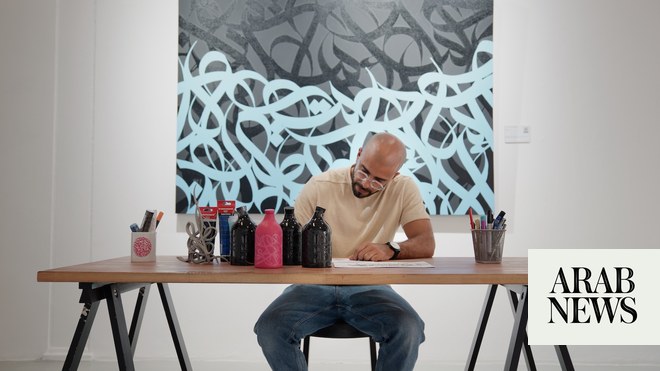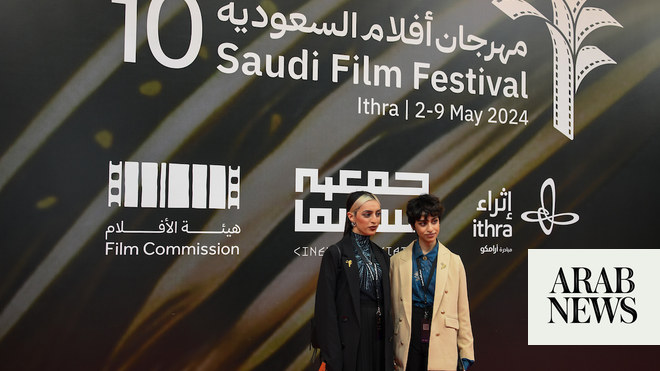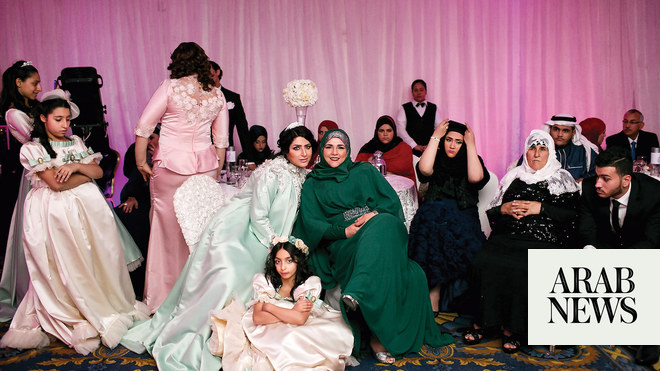Saudi filmmaker Abdulrahman Sandokji’s ‘Underground’ discusses the Kingdom’s music scene
DUBAI: “In film school, they tell you that your first film should be a documentary — train in a simpler form, then go to fiction,” says Saudi filmmaker Abdulrahman Sandokji. “So, naturally, I started with documentaries. But I got hooked.”
Over 15 years later, Sandokji still hasn’t moved on to fiction. Not that that’s an issue for him. His documentaries — produced by the company he founded, Basar Media — have proven immensely satisfying.
“A fiction film can take one or two years to shoot. I have no patience with waiting days and days to shoot one scene. I want things faster and more surprising,” he tells Arab News.

“And (documentaries) are honest. You’re talking about real stories. Unfolding the unseen is my thing, you know? I want to go into these deep places and show them to people,” he continues. “It’s a way to understand people, to really see people. To pick a flower from lots of beautiful gardens and plant them in your own garden. It’s more of a journey of discovery for me, you know? That’s what I love about documentaries.”
Sandokji’s breakthrough came with his 2014 film “Phosphine,” which he describes as a “Michael-Moore style” investigative documentary. It explored how the titular chemical — a potentially deadly respiratory poison — had been used (out of ignorance rather than malice) in homes to kill cockroaches, rats and other pests. While the actual occupants had been told to leave their apartments for five or six days, their neighbors were not, and the odorless gas killed them.
Sandokji put his documentary up on YouTube. It got 5 million views in five days, he says, adding that, at the time, he and his colleagues were delighted if they got 100,000 views on any of their videos, because they “weren’t funny — they weren’t comedies.” But “Phosphine” ended up making a difference to society, as well as to Sandokji’s career.
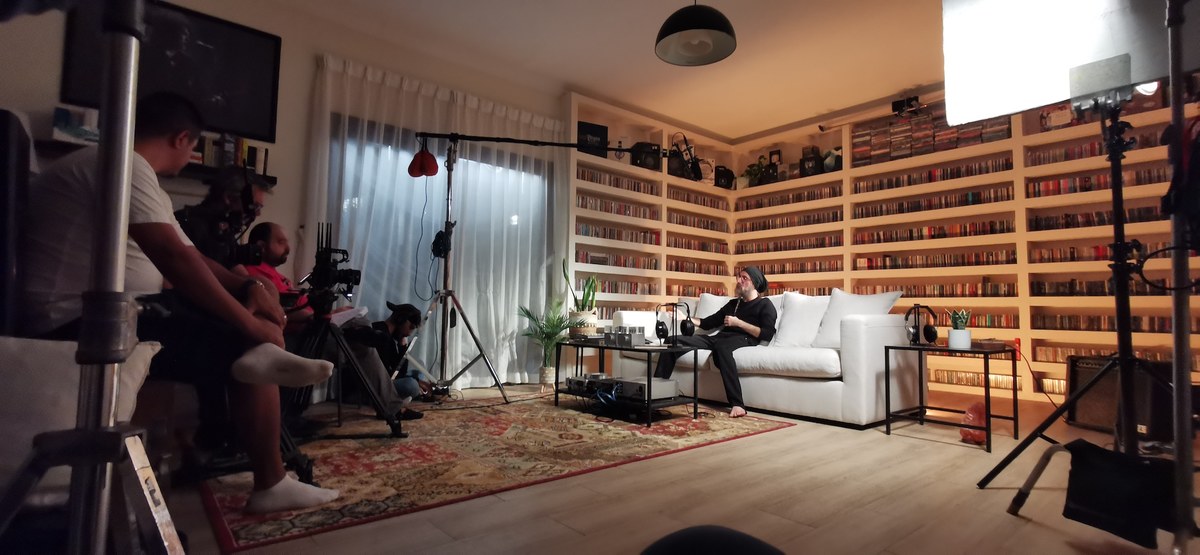
“We were on TV shows and talk shows — we were overwhelmed. Lots of social movement happened and governmental sectors held very urgent meetings about this substance. The Ministry of Health set up a hotline about it,” he says. “That was when I thought, ‘OK. Maybe this is your thing. Being a voice for those who want their voices to be heard.’”
Unlike “Phosphine,” Sandokji’s latest doc, “Underground,” is not a “tragic story.” But, once again, it was a “journey of discovery” for him — one that delves into the Kingdom’s burgeoning alternative music scene.
The idea — as for many of his films — was not Sandokji’s own. “When I analyze myself, I’m more of a person who receives an idea and then gets to enlarge it,” he says. “When I generate an idea myself, people go, ‘Mmm. No.’” He laughs. “They’ll go, ‘How about this idea instead?’ I’m like the gas — just throw the spark on me and I’ll explode, you know?”
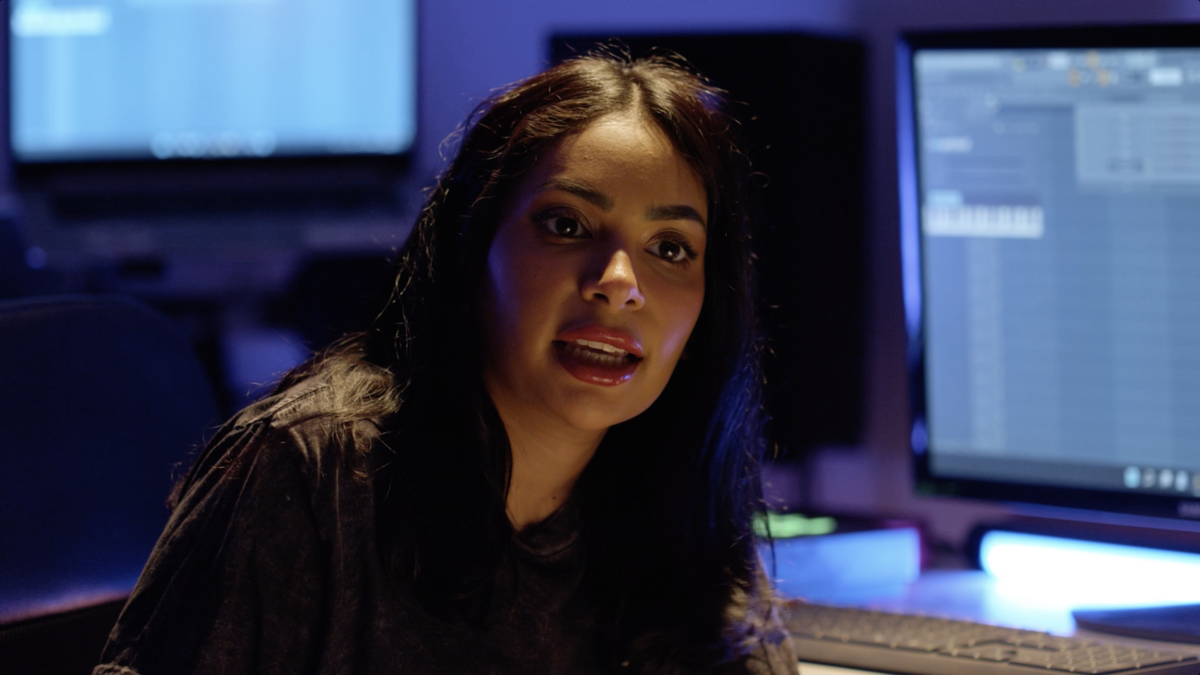
The “spark” for “Underground” came from a friend, Tamer Farhan. “He’s passionate about underground music. He knows all these artists,” Sandokji says. “And he opened the window to me and said ‘Come and have a look.’”
What Sandokji found was a wealth of talent and experience that has largely gone unnoticed in Saudi Arabia — understandably, given that until recently live music was largely outlawed in the Kingdom, and music that wasn’t commercial Khaleeji pop or classical Arabic fare was frowned upon.
“These people are good people,” says Sandokji. “Over the years people talked about the music underground as this place with drugs and all this prohibited stuff. But no. They are nice. They have feelings. They love their music and they’re passionate and they’re kind.”
That passion shines through in “Underground,” whether from veterans such as metal band Wasted Land’s frontman Emad Mujallid or relative newcomers such as DJ Cosmicat (Nouf Sufyani) and Salma Murad. All the artists involved are given the opportunity to discuss their craft and love for music in depth, and to play some of their music live.
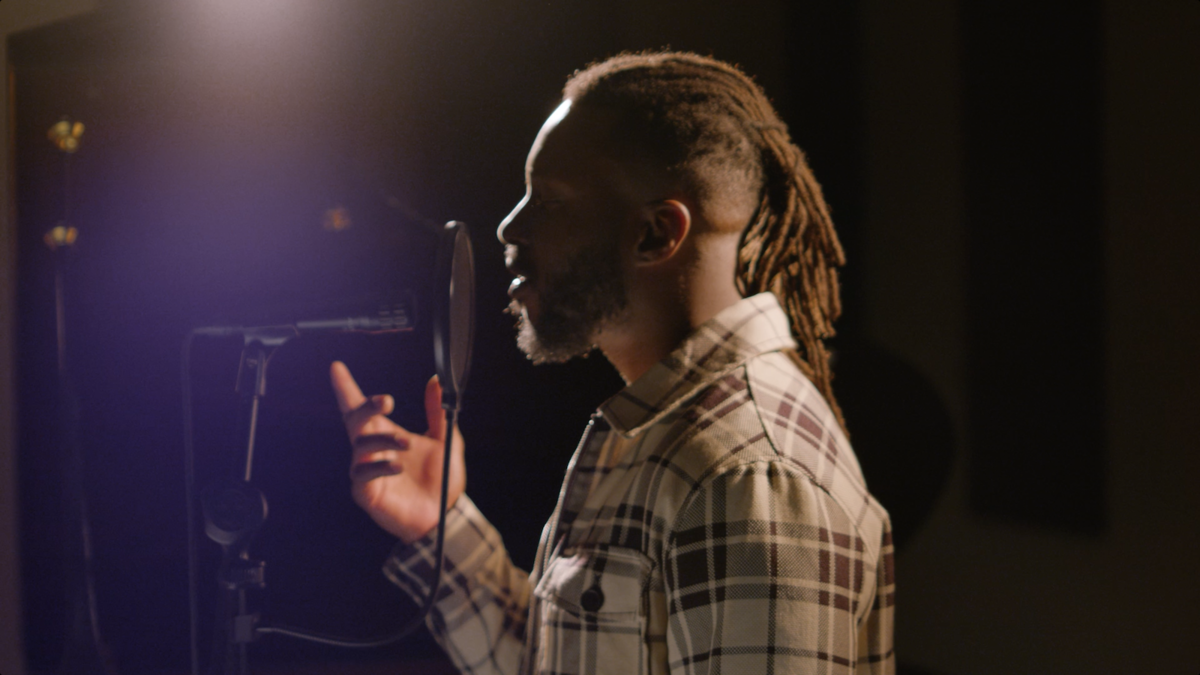
“(The songs) are not recorded and synced,” Sandokji says. “I wanted to show the audience how talented they are.”
So far, that audience is whoever attended the premiere on the opening night of the Saudi Film Festival on May 2 — another landmark for Sandokji, he explains. “Usually they choose fiction films — good fiction films — for the opening. I was always watching them thinking ‘When am I going to make a movie that could be screened in the opening? I’m a documentary maker, nobody would give me that chance.’ But it happened.”
And he believes “Underground” has the potential to grab international attention. It’s already been submitted for consideration at several large festivals, but the main aim since he started shooting it in 2022, Sandokji happily admits, has been to get the film on Netflix. There are also discussions underway about turning it into a TV series.
“It’s something people will want to know more about, I think,” he says, before citing the words the movie concludes with, when Murad is discussing what music means to her: “It’s powerful. It’s beautiful.”
“When Salma said that, I had goosebumps,” Sandokji says. “I thought, ‘Yes! These are the words the movie has to end with.’ Music is powerful; it can make you very strong, it can make you very weak… it’s magical.”

